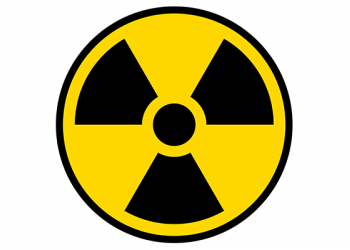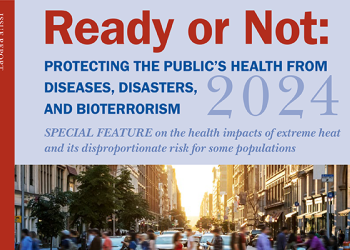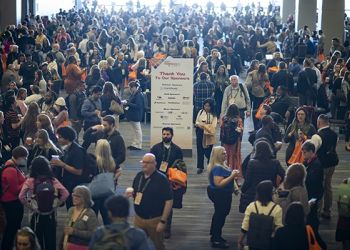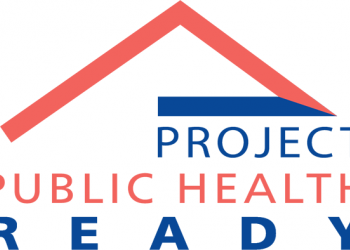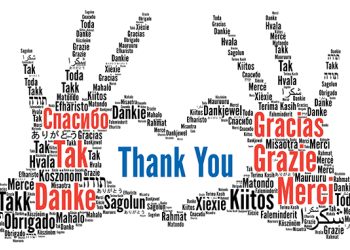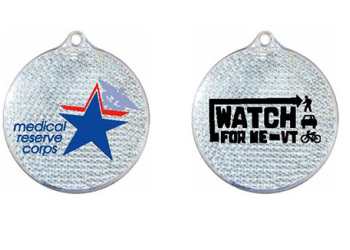In the words of Medical Reserve Corps (MRC) Coordinator Satorie Gibson, “training is everything for our unit.” In-person and virtual trainings are one of the key ways the Philadelphia MRC works to build and foster connections with its over 7,000 volunteers.
“Training ensures volunteers are ready, able, and capable when needed,” said Gibson. “It’s important to provide volunteers with tools so that feel comfortable and ready.”
The unit offers eight annual trainings:
- Four in-person Stop the Bleed trainings
- One virtual flu clinic information session in September
- One in-person Psychological First Aid training in November or December
- One virtual overdose awareness and prevention training with a focus on Narcan and Fentanyl testing strips in January
- One in-person heat/health safety and community outreach training followed by canvassing in the community where the training is held in May
Seasonal training exercises include:
- One in-person mass prophylaxis (POD) training and exercise
- Two virtual personal and family preparedness training in February and September
Additionally, the unit maintains a YouTube channel which includes on-demand virtual engagement trainings. All volunteers are encouraged to watch:
- MRC Orientation Modules 1-6
- Outreach and Community Engagement
- Special Event Deployment
- Substance Use Prevention and Harm Reduction
In addition to these trainings, the unit provides just-in-time training on the day of deployment to answer any questions. The unit also maintains a LinkedIn page to foster engagement.
This robust training schedule prepares volunteers for a variety of missions.
Annually the unit staffs large EMS/medical tents for four major events: the Made in America Music Festival, the Broad Street Run, the Philadelphia Marathon, and the Wawa Welcome America July 4th festival. Volunteers support two flu clinics annually for first responders and their families with volunteers providing vaccine administration and clinical medical students assisting.
The unit also partners with local community organizations to provide free vaccination clinics for underserved and under-vaccinated populations. These clinics support eight types of vaccinations including Hepatitis A and B and flu. Volunteers administer vaccines and provide education about vaccinations and other services.
“It’s very impactful because it makes MRC a visible and easily identifiable presence in the community,” said Gibson. “We staff these clinics with returning volunteers when possible to continue that relationship with the community.”
An example of a more specialized mission for the unit was its support of Operation Allies Welcome in 2021. To assist newly arriving Afghan refugees, unit volunteers provided interpretation and translation, and assisted with screenings and with line staffing.
“Our volunteers come out whenever called,” said Gibson. “They have a wealth of skills and backgrounds which makes us resilient as a unit. Their unwavering support means that the city of Philadelphia is in a better state of readiness.”

